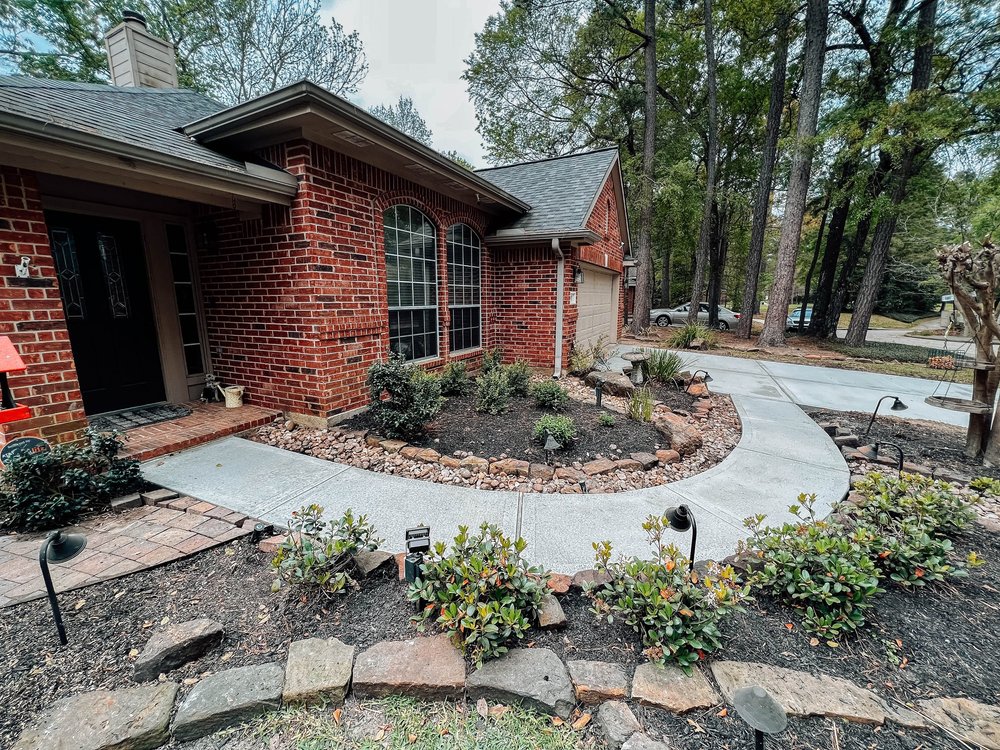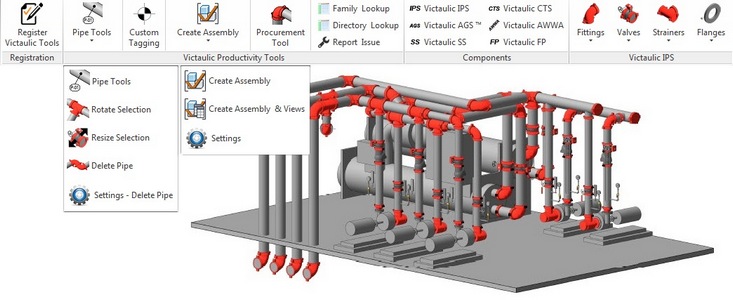
Building a bathroom in the basement is an exciting project for many homeowners. You can use the space for different purposes or make it more useful. Before you can begin, it is important to identify the location of the pipes, drains, and wall. Before you start the bathroom project, it is important to draw out a floorplan. You must consider the size of your plumbing fixtures and the swinging of a door. These are some helpful tips that will help you create the perfect basement bathroom.
Installing plumbing
It is crucial to understand the plumbing and fixtures required for the basement. This usually requires a little bit of technical knowledge, manual labor, and time. Understanding the requirements of regulatory codes is important as there are variations between international codes and local laws. In certain countries, vent pipes must run from the outside to all toilets.

Installing an electrical device
It can be difficult to install the electrical wiring in a basement bathroom renovation. Even though this might sound simple, it's important to know the various safety standards you must follow. You should ensure that there are no electrical hazards in the area you plan to remodel. This could put your life at risk. Also, check with the local building code before starting any work, as some areas may require special permits.
Installing drywall
It is possible that you are wondering how to put drywall in a basement bathroom. Basement bathroom ceilings are usually only four to six feet tall, so you will need a moisture resistant drywall for the area. Before beginning your job, use a utility knife to score the ceiling's gypsum layer and fold over. Next, you will need to cut the opposite side.
Selecting a commode
There are several factors to consider when deciding on the type of commode to use in your basement bathroom. Although basement bathrooms can be large, gravity-fed water isn't as efficient in a basement. Installing a pressure assisted toilet will solve this problem. These toilets use pressure to push the waste through the pipes. These toilets are more expensive than gravity-fed models, but offer many benefits.

The choice of a shower
Before you start designing your new bathroom, think about the type of shower that you will need. Depending on the size of the room, a small shower will be adequate, but if your basement bathroom is large, you should look for a larger shower. A stand-up shower may be better for small basement bathrooms than a tub. Of course, you may want to keep the size of the shower in mind as well, as this will help you choose the right kind of design for your bathroom.
FAQ
Is there any limit on how much money I can spend for the project?
No. No. However, you may be able to negotiate a lower price with the contractor.
What's the purpose of the service contract?
A Service Agreement is used to establish the terms on which your customer will purchase goods from you. You will also be able to provide these services to customers for payment.
The most widely used type of this document is a Sales Order Form. This section lists the products being purchased by the customer as well as their price. You can also list any other items such as delivery charges, VAT or insurance. You also specify the delivery and payment dates.
You may use a different document depending the nature of the transaction.
If you are offering a service instead of selling products, an invoice might be appropriate.
You would probably use a Purchase Order Form if you buy something from someone else.
Include all information when creating a sales order form.
Keep in mind: The more detailed the sales order form, the easier it is for the buyer.
What is a standard contract form?
A template for creating contracts is the standard contract form. These templates often include all of the necessary elements for a contract, such as the date, time and place.
Standard contract forms can be modified to suit individual clients. Some companies even offer standard contract forms.
These forms may not be right for everyone. They can save you lots of time and effort.
These standard contracts are worth looking at.
Are there additional considerations I need to make?
Yes - check your local laws regarding the types of projects you can undertake and the conditions you need to meet. You may need to obtain approval from the local council before you can build in some states. Others say you just need to inform them of your plans. Check with your local authorities to see where they stand on the issue.
How do I submit a building permit application?
In addition to your SCA, you will need to provide proof that:
-
There is adequate parking space available for visitors;
-
There are several access routes that can be used.
-
Any utilities are accessible; and
-
All works are compliant with the relevant planning regulations.
Statistics
- (3) The contracting officer may provide for a contract price adjustment based solely on a percentage rate determined by the contracting officer using a published economic indicator incorporated into the solicitation and resulting contract. (acquisition.gov)
- While we offer all our high-quality services at competitive prices, we know that many who need our services are on fixed incomes, so we offer a 10 percent discount for seniors and military members. (homeservicecontractorsinc.com)
- (ii) Name, address, and telephone number of each proposed first-tier subcontractor with a proposed subcontract estimated at $10 million or more. (acquisition.gov)
- (1) Ascertain the extent to that offers are based on the payment of overtime and shift premiums; and (2) Negotiate contract prices or estimated costs without these premiums or obtain the requirement from other sources. (acquisition.gov)
- Reasonable late fees go up to 25% per year on unpaid sums. (lawdepot.com)
External Links
How To
What should a service arrangement include?
Service agreements (SAs) are essential for any business relationship. It describes what you expect of each other and how to achieve it. The SA also details when and where each party should fulfill its contractual obligations.
A successful SA must include these key elements:
-
Both parties agree on the scope of work and the services they require.
-
Payment terms details, including start date and expiration dates for goods/services.
-
A price agreed upon for the project.
-
Any additional charges, like VAT, etc.
-
Whether there are other topics that require discussion.
-
Who will take responsibility if there is an error in the job?
-
How to resolve disputes
-
What happens if one party breaches the contract.
-
What happens when there is a disagreement?
-
When does this contract go into effect
-
What happens if one of the parties fails to perform.
-
How long do you have to pay invoices?
-
Who pays for travel expenses?
-
Where the money comes from.
-
What happens if a client changes mind about the project?
-
What happens to the supplier if they don't show up.
-
Who has access to the site during construction?
-
What happens when the customer cancels a project?
-
What happens if the product fails?
-
What happens if the manufacturer refuses parts?
-
What happens if your equipment breaks down?
-
What happens if a project takes longer than expected?
-
What happens if the work isn't completed within the agreed timescale?
-
What happens when the project's quality falls below what you expected?
-
What happens if costs exceed expectations?
-
What happens if you don't receive your materials on time?
-
What happens if the material arrives broken?
-
What happens when the products don't meet standards?
-
What happens if the job has to be canceled?
-
What happens if the company goes bust.